The African plum tree, scientifically known as Prunus africana, is a remarkable tree native to the highland regions of Africa. This tree is renowned for its valuable medicinal properties, its contribution to local ecosystems, and its cultural significance.
The African plum tree is an evergreen tree that can grow to impressive heights, often reaching up to 40 meters (130 feet) tall. Its trunk is usually straight and can have a diameter of about one meter (3 feet).
The small flowers are white, with five petals and give round and red fruits. The bark is reddish brown, sometimes dark brown, and has an almond odor.
Read Also: “Discover the Little-Known Secret to Relieving Urinary Issues (Prostate): Papaya Leaf Solution”
Medicinal Use of African Plum Tree
The bark of the African plum tree contains compounds known as phytosterols, which have been traditionally used for various medicinal purposes. It is particularly renowned for its role in alleviating symptoms associated with prostate issues, making it a key ingredient in herbal remedies for conditions such as benign prostatic hyperplasia (BPH).
It is a decongestant that reduces the urge to urinate and weakens the residual urine volume. The ferulic acid contained in the bark helps to stop the accumulation of cholesterol.
For centuries, African plum extract has been employed to address various prostate issues, particularly benign prostatic hyperplasia (BPH).
European explorers in the sixteenth century first noted its use by South African tribes for treating what they referred to as “the disease of the old man,” likely BPH.
Since the mid-1960s, the bark extract of the African plum tree has been utilized in Europe for treating BPH.

In addition to its prostate-related benefits, the African plum tree, like many other plants native to Africa, boasts numerous health-promoting properties. Its fruit, abundant in oils and nutrients, serves as a potent antioxidant.
The African plum tree’s Preparation for prostate treatment
- Harvesting: The bark of the African plum tree is usually harvested sustainably to ensure the tree’s health and longevity. Only the outer bark is removed, leaving the inner bark intact to allow the tree to continue growing.
- Drying: The harvested bark is then dried thoroughly to remove moisture. This can be done naturally by laying the bark out in a well-ventilated area or using a dehydrator at a low temperature.
- Preparation of the Extract: Once dried, the bark is often ground into a fine powder. This powder can then be used to make an extract by steeping it in hot water or alcohol. The extract is then strained to remove any solid particles, leaving a liquid that contains the beneficial compounds of the bark.
- Dosage: Mix 100 mg of powdered African plum tree bark in a glass of water. Drink this mixture twice a day as a treatment for 6 to 8 weeks.
- Infusion: Boil 10g of African plum tree bark in 1 liter of water, then simmer over low flame for 15 minutes. Strain the mixture and drink the infusion three times a day.
- Duration of Treatment: Continue the treatment for at least 2 months to achieve significant improvement in your health condition.
- Administration: African plum tree bark extract is typically taken orally. It can be consumed directly or mixed with water or juice for easier consumption.
The African plum tree (Prunus africana) is renowned for its various healing properties, particularly associated with its bark. Here are some of the key healing properties attributed to the African plum tree:
- Anti-inflammatory: The bark of the African plum tree is known to possess anti-inflammatory properties, which can be beneficial for reducing inflammation in the body. This property is particularly useful for conditions such as arthritis, where inflammation of the joints causes pain and discomfort.
- Antioxidant: The tree’s bark also contains antioxidants, which are compounds that help protect the body from damage caused by free radicals. Antioxidants play a crucial role in reducing the risk of chronic diseases and promoting overall health and well-being.
- Antimicrobial: Some studies suggest that extracts from the African plum tree bark may have antimicrobial properties, which can help fight against certain types of bacteria and fungi. This property could be useful in treating infections and promoting wound healing.
- Anti-cancer: There is some evidence to suggest that certain compounds found in the bark of the African plum tree may have anti-cancer properties. These compounds are thought to inhibit the growth of cancer cells and may have potential in cancer treatment and prevention.
- Diuretic: The bark of the African plum tree is also believed to have diuretic properties, meaning it can help increase urine production. This property can be beneficial for conditions such as urinary tract infections and kidney stones, where increased urine flow can help flush out harmful substances from the body.
- Traditional Medicine: In many African cultures, various parts of the African plum tree are used in traditional medicine to treat a wide range of ailments, including malaria, stomach problems, fever, and wounds. These traditional uses highlight the tree’s versatility and importance in indigenous healing practices.
The African plum fruit: It’s a nutritious food rich in fatty acids, proteins, carbohydrates, fibers, vitamins, minerals, and polyphenols. It can be consumed raw, steamed, or grilled, offering a slightly tart and flavorful taste. Its high polyphenol and flavonoid content make it a potent antioxidant, while also being a good source of essential fatty acids, especially linoleic acid.
When considering 100g of dry matter, the fruit contains approximately 32 to 44g of oil, comprising 45-60% oleic acid, 30-35% palmitic acid, 15-20% linoleic acid, and 2% stearic acid. This oil is extracted from the pulp and used in the food industry.
Additionally, the fruit’s pulp yields essential oil and butter, which are utilized in traditional cosmetics, although they are not yet widely available in commercial markets.
The leaves of the African plum tree have various uses
Their decoction can be instilled in the ear to alleviate pain, used in steam baths for fevers and headaches, and combined with the bark of the plum tree, lemongrass, and mango tree leaves to treat malaria in certain regions of Cameroon.
The root of the African plum tree: Is believed to possess unique properties and potential uses, including its traditional consumption as a decoction for treating leprosy.
However, more detailed information is needed to fully understand its specific benefits and applications.

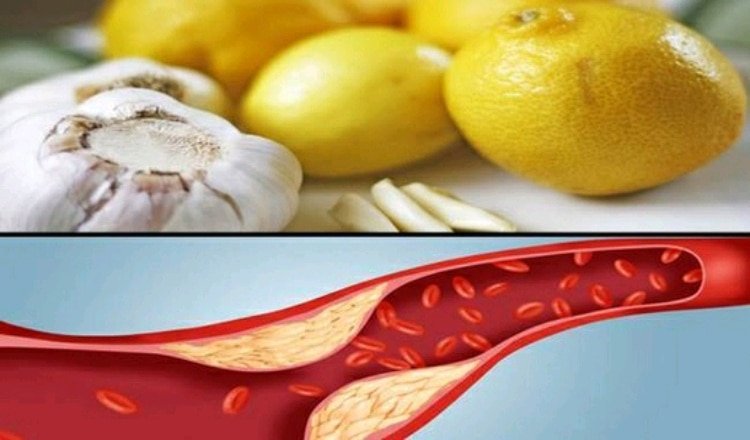

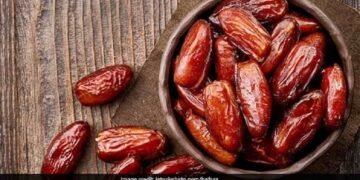
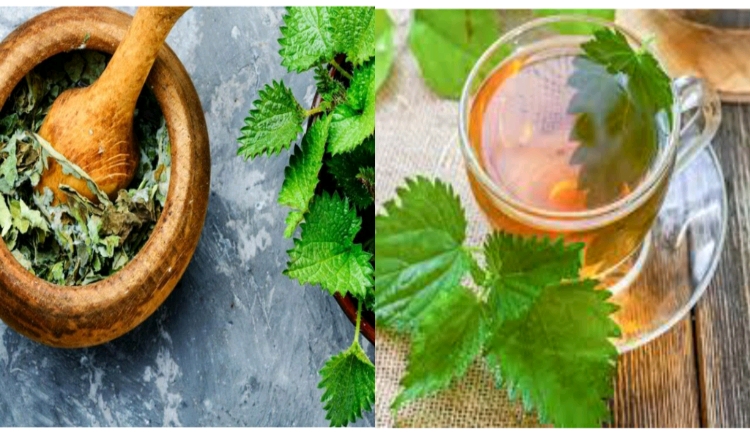
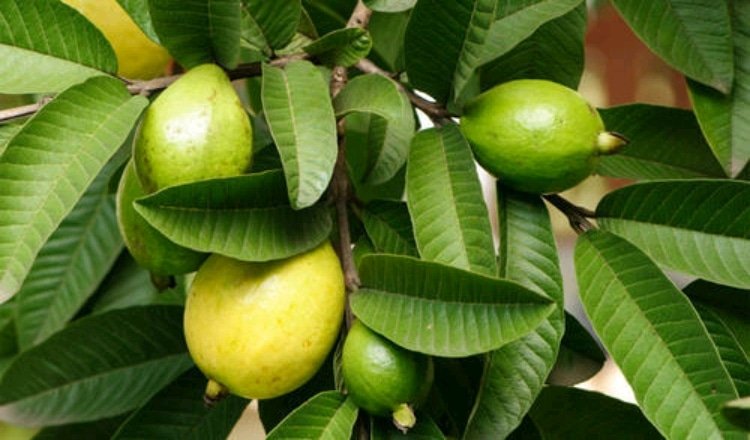
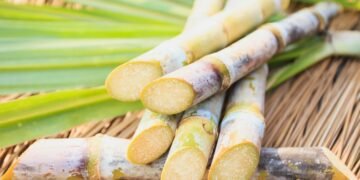
Discussion about this post